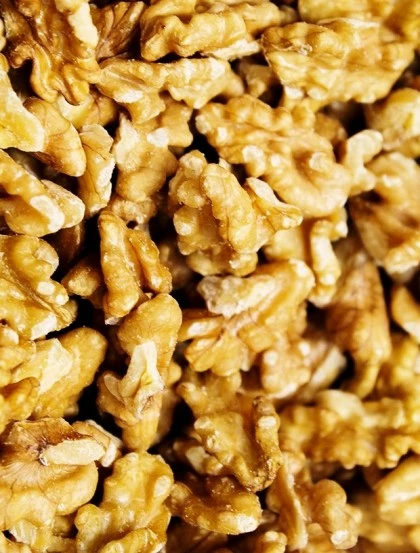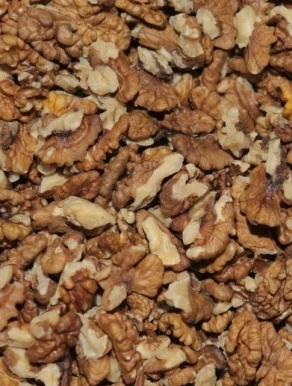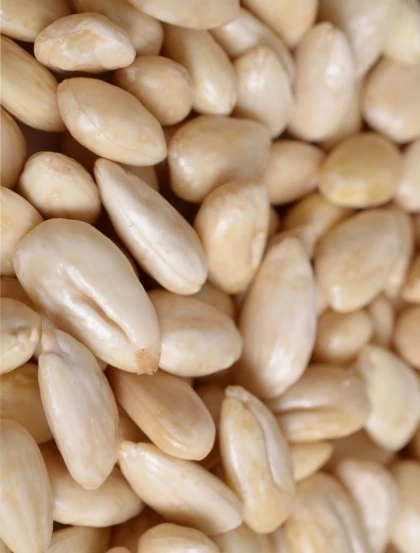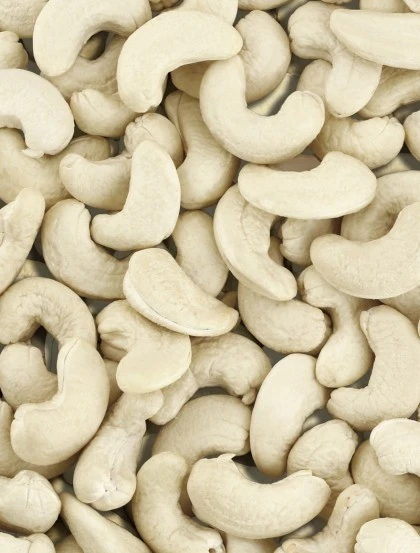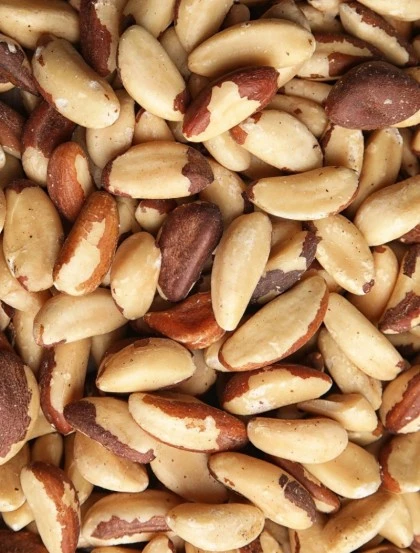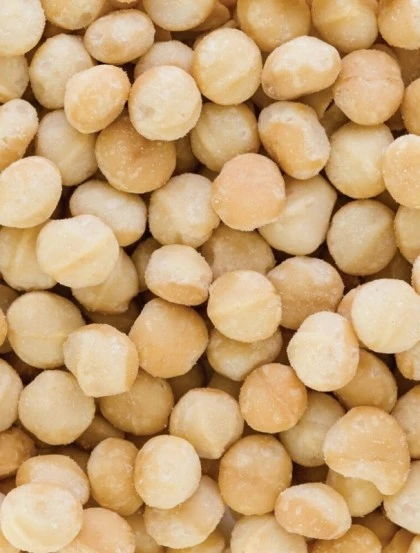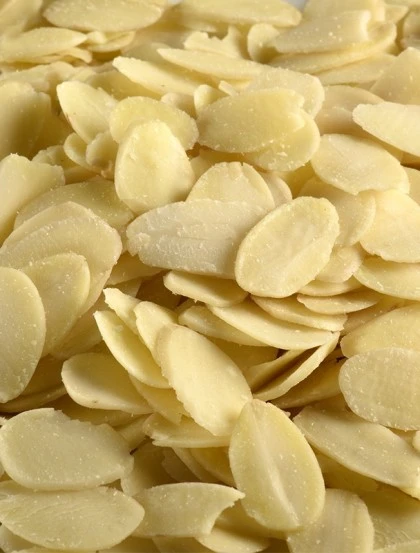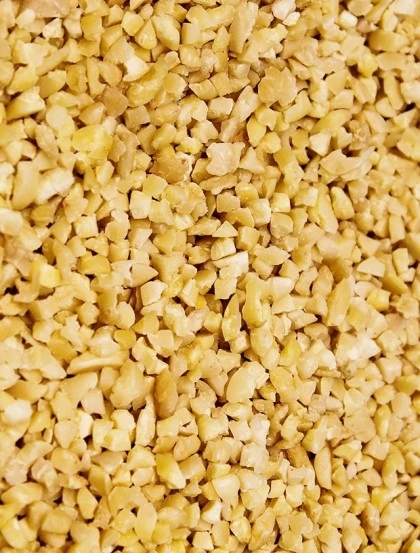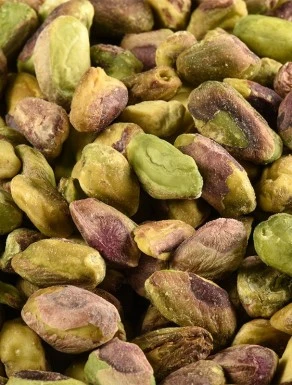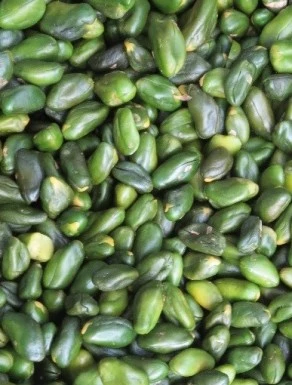Walnut Halves Extra Kernel
Dried Fruits | Dried Fruit | Seeds | Berries | Muesli
The fruits of the walnut tree, which are also its seeds, have significant therapeutic properties. In addition to polyphenols, they include juglone. Experts say you should eat 20 grams a day.
Originally from Armenia, Iran and parts of Asia, walnuts are widely grown in Portugal. Walnuts are actually the seeds of the walnut tree and not its fruit. They are widely used in oriental and Middle Eastern cuisine. Their active ingredients are widely recognized. Walnuts contain juglone, which has an antiseptic and antifungal action, as well as polyphenols such as ellagic acid.
This substance is also present in fruits such as pomegranates, cherries and blackberries. They also have an antioxidant, anti-inflammatory and anti-cancer effect, as well as acting on LDL cholesterol levels. Walnuts are rich in tannins, which have an astringent and tissue-repairing effect. They also contain melatonin, which has an antioxidant and sleep-regulating effect.
Nutritional benefits: Although each type of fruit has a specific combination of nutrients, in general, most are a source of vitamins B1, B6, E and folic acid and minerals such as magnesium, phosphorus and iron, among others. The fat in nuts is predominantly unsaturated, a type of fat that contributes to maintaining normal blood cholesterol levels.
Health benefits:
- Rich in fiber, vitamins and minerals
- Good source of antioxidants
- Can help control appetite
- Can help increase fiber intake
Suggested consumption:
- As a snack
- Add to cereals, yogurt or salads
- Use in recipes such as cakes, muffins or cookies
May contain traces of other nuts and soy.
The information contained in the description of this product is for informational purposes only. They do not replace the advice and monitoring of your Doctor.
Our products, which may originally be gluten-free, are not recommended for Celiac patients. Our products are packaged and sold in bulk, so we cannot guarantee that there is no cross-contamination.

